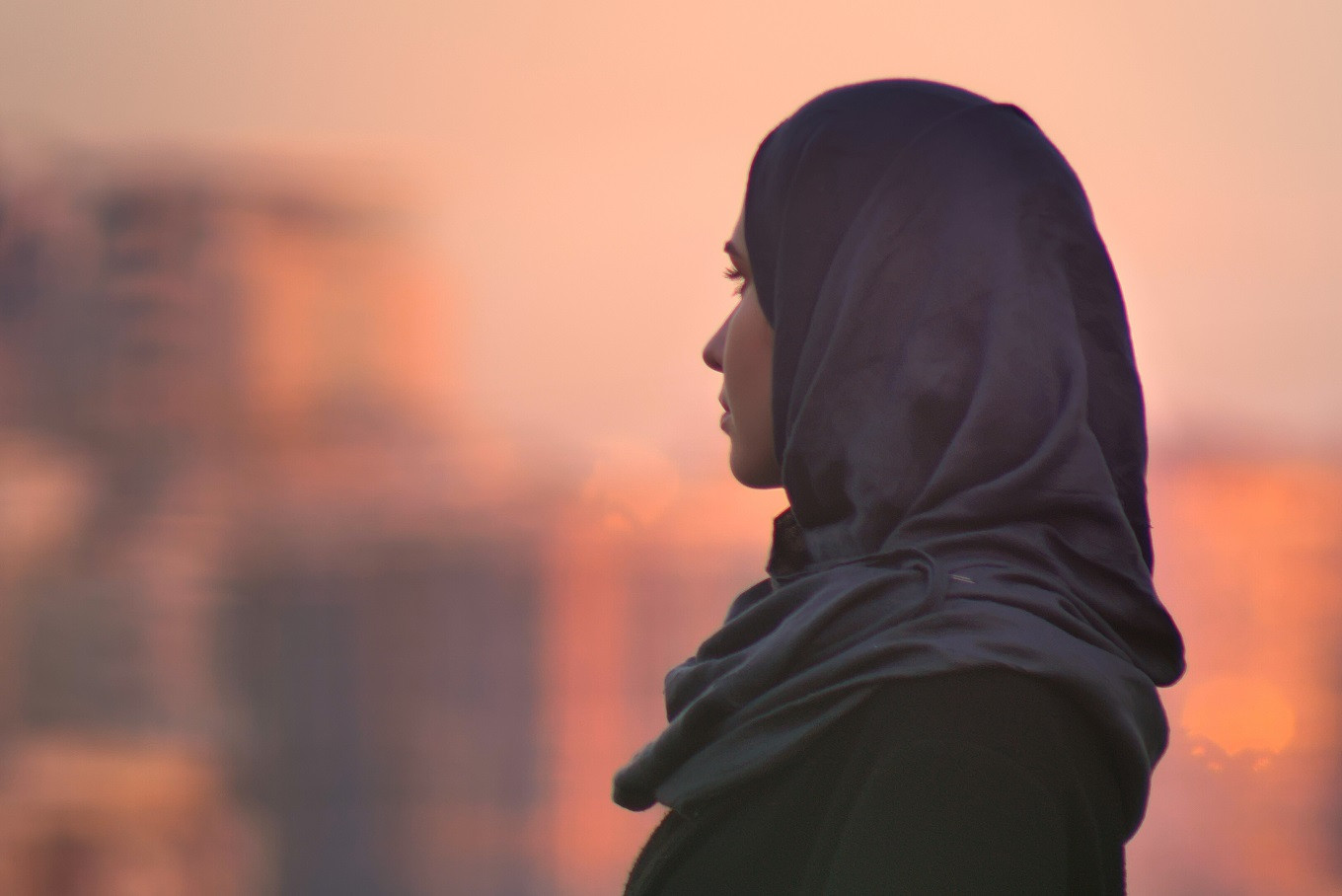Popular Reads
Top Results
Can't find what you're looking for?
View all search resultsPopular Reads
Top Results
Can't find what you're looking for?
View all search resultsBlurred images: Concerns raised over growing conservatism in public universities
Scholars are detecting increasing signs of religious conservatism spreading on campuses across the country, which they believe poses a serious threat to national unity and identity.
Change text size
Gift Premium Articles
to Anyone
A
picture recently posted on the Instagram account of a student body at the Jakarta State University’s (UNJ) engineering school has raised not only eyebrows but also the question as to whether students in public universities are drifting further to the right.
The picture, posted by @bemftunj, shows photos of female and male students smiling to the camera— with bold and bright text showing their names and positions in the organization – but while the male students are depicted in sharp focus against a blurred background, their female counterparts are shown in low contrast, thus blending in with the background and creating a somewhat ghost-like appearance.
Netizens were upset by the Instagram post, which they considered sexist and misogynistic, but the students said they saw nothing wrong with it.
The leader of the student body, Ibrahim Katoni Baurekso, said they had only “decreased the quality of the picture” for the girls’ faces based on their own request. “It is not true that there is feminism, patriarchy, sexism at UNJ Engineering School’s BEM as claimed by other people,” he said.
A UNJ student, who only wanted to be called Sani, said people should not be upset about the picture, because covering a woman’s face was “obligatory” in Islam, because “a woman’s face was aurat [a body part that should not be exposed].”
The incident is not an isolated case. Students in other departments at UNJ have also refrained from exposing the faces of their female colleagues and replaced them with avatars of hijab-wearing girls. Only the male students are shown with their real faces.
Scholars say the incident was another sign of growing religious conservatism on campuses that they believe poses a serious threat to national unity and identity.
Alamsyah Dja’far, a pro-pluralism researcher at Wahid Foundation, contended that Islamic conservatism was thriving in the country’s higher education institutions since the downfall of Soeharto more than two decades ago.
The trend, he said, showed no signs of ending.
A climate of freedom has emboldened Muslim student activists to flaunt their way of life, in stark contrast to their first emergence in the late 1970s—shortly after the Iranian revolution—when they were facing Soeharto’s repressive policies.
They now mostly operate under a student body called Lembaga Dakwah Kampus (Campus Religious Propagation Institute, LDK). Almost all renowned public universities in the country, such as the University of Indonesia (UI), Gadjah Mada University (UGM) and the Bandung Institute of Technology (ITB), have their own LDK.
“The movement is mainly influenced by the Muslim Brotherhood’s conservative doctrines,” Alamsyah said, referring to a transnational organization aiming to establish a state ruled by Sharia law. “Its ultimate goal is to rule the country,” he underlined.
Alamsyah feared that, if the moderate Islamic groups failed to stem the tide of conservative Islam on campuses, the country could eventually lose its identity.
“It’s just like what happened to [the Islamic Republic of] Maldives, whose current concern is whether to make the burka obligatory,” Alamsyah said.
Indonesia, he said, was slowly going into that direction, with the burka, niqab (full-faced veil) and hijab gaining popularity in the country, even surpassing that of the country’s national blouse, the kebaya.
Noryamin Aini, a lecturer at Syarif Hidayatullah State Islamic University (UIN Jakarta), concurred with Alamsyah, saying that “conservatives tended to enforce their beliefs on others.”
His recent study, published by rights group Setara Institute, found that conservative Islam is dominating religious discourse in public universities. “Only 45 percent of respondents have a moderate point of view,” he said.
The 2019 study interviews 1,000 participants from 10 public universities across the country, including UI in Jakarta, ITB in West Java, UGM in Yogyakarta, Airlangga University in East Java and Mataram University in West Nusa Tenggara.
The blurring of female students’ images at UNJ has sparked anger among feminists for undermining their fight for gender equality.
Cofounder of the Support Groups and Resource Center on Sexuality Studies Nadya Karima Melati said in a tweet last week that the move eliminated the role and existence of women from history.










